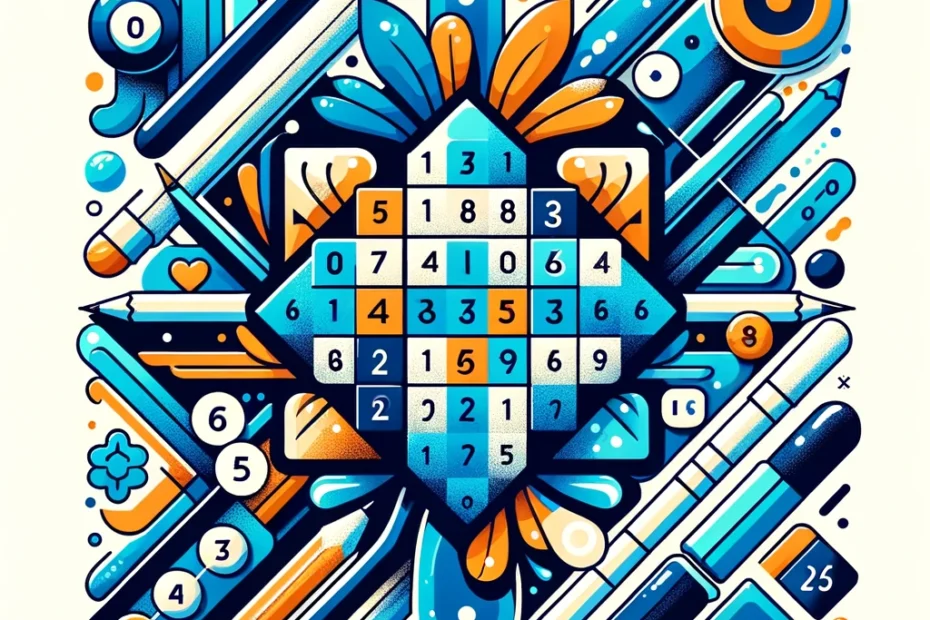Sudoku has captivated puzzle enthusiasts worldwide, becoming not just a pastime but a global phenomenon. From newspapers to digital apps, Sudoku’s reach is undeniable. This article delves into why Sudoku has garnered billions of fans across the globe and how it continues to influence cognitive skills and daily lives. Welcome to “Sudoku Billions: A Global Puzzle Phenomenon.”
The Origins of Sudoku
Despite its strong association with Japanese culture, Sudoku’s origins trace back to an 18th-century Swiss mathematician named Euler, who developed a concept known as “Latin Squares.” The modern version of Sudoku, as we know it today, was first published in a U.S. puzzle magazine in the late 20th century before becoming popularized in Japan in the 1980s.
Why Sudoku is Globally Popular
Several factors contribute to Sudoku’s global popularity:
- **Accessibility:** Sudokus are available in print and digital formats.
- **Versatility:** Suitable for all ages, from children to elderly individuals.
- **Cognitive Benefits:** Enhances problem-solving and critical thinking skills.
- **Simplicity:** No need for linguistic or cultural knowledge.
Sudoku Variations
The classic 9×9 grid is just the beginning. Sudoku’s adaptability has led to numerous variations that cater to different skill levels and preferences:
| Variation | Description |
|---|---|
| Killer Sudoku | Combines elements of Sudoku and Kakuro, using additional arithmetic constraints. |
| Hyper Sudoku | Includes additional smaller 3×3 grids within the main grid. |
| Samurai Sudoku | Features five overlapping 9×9 grids, creating a more complex challenge. |
Impact on Cognitive Skills
Studies have shown that regular engagement with Sudoku can offer a range of cognitive benefits. These include improved memory, better concentration, and enhanced logical thinking. This makes Sudoku not just a leisure activity but also a powerful tool for mental exercise.
Global Communities and Competitions
Sudoku’s widespread appeal has led to the formation of communities and competitions at local, national, and international levels. The World Sudoku Championship, launched in 2006, brings together top solvers from various countries, further solidifying Sudoku’s status as a global puzzle phenomenon.
The Future of Sudoku
With technology advancing rapidly, the future of Sudoku looks promising. Virtual reality and augmented reality are set to offer more immersive Sudoku experiences. Additionally, AI-driven Sudoku apps are becoming increasingly sophisticated, offering personalized puzzles tailored to individual skill levels.
